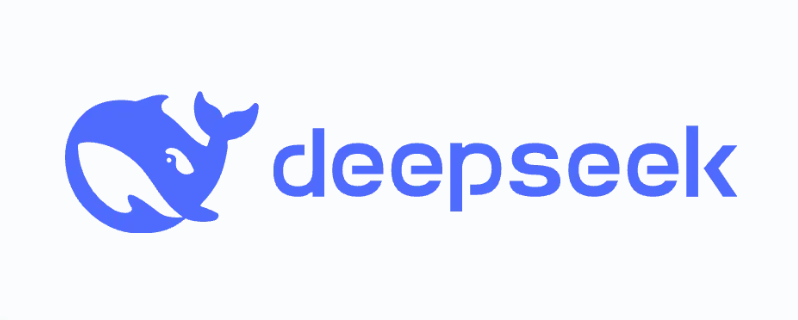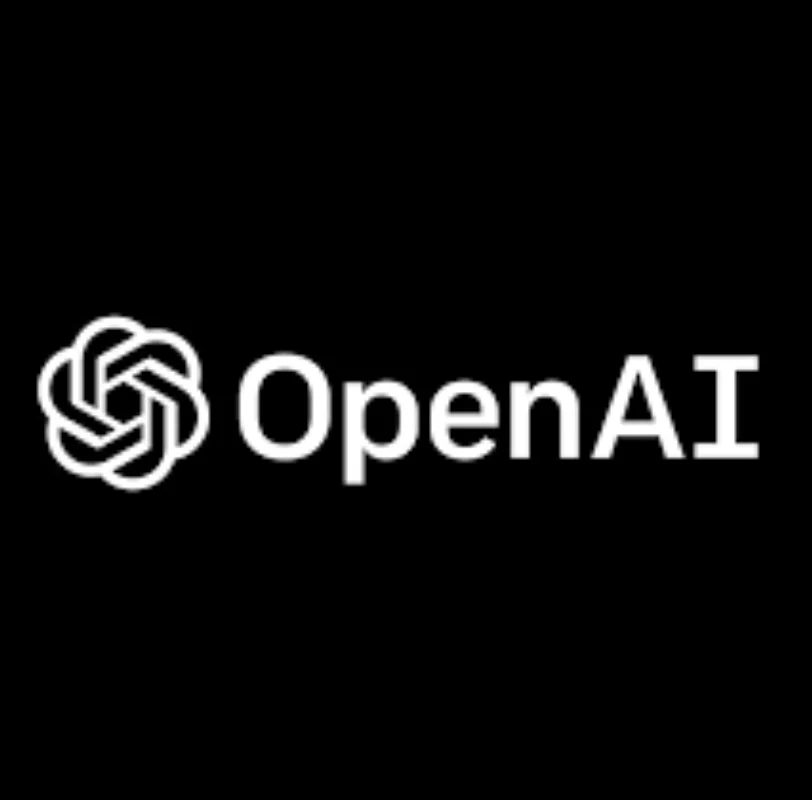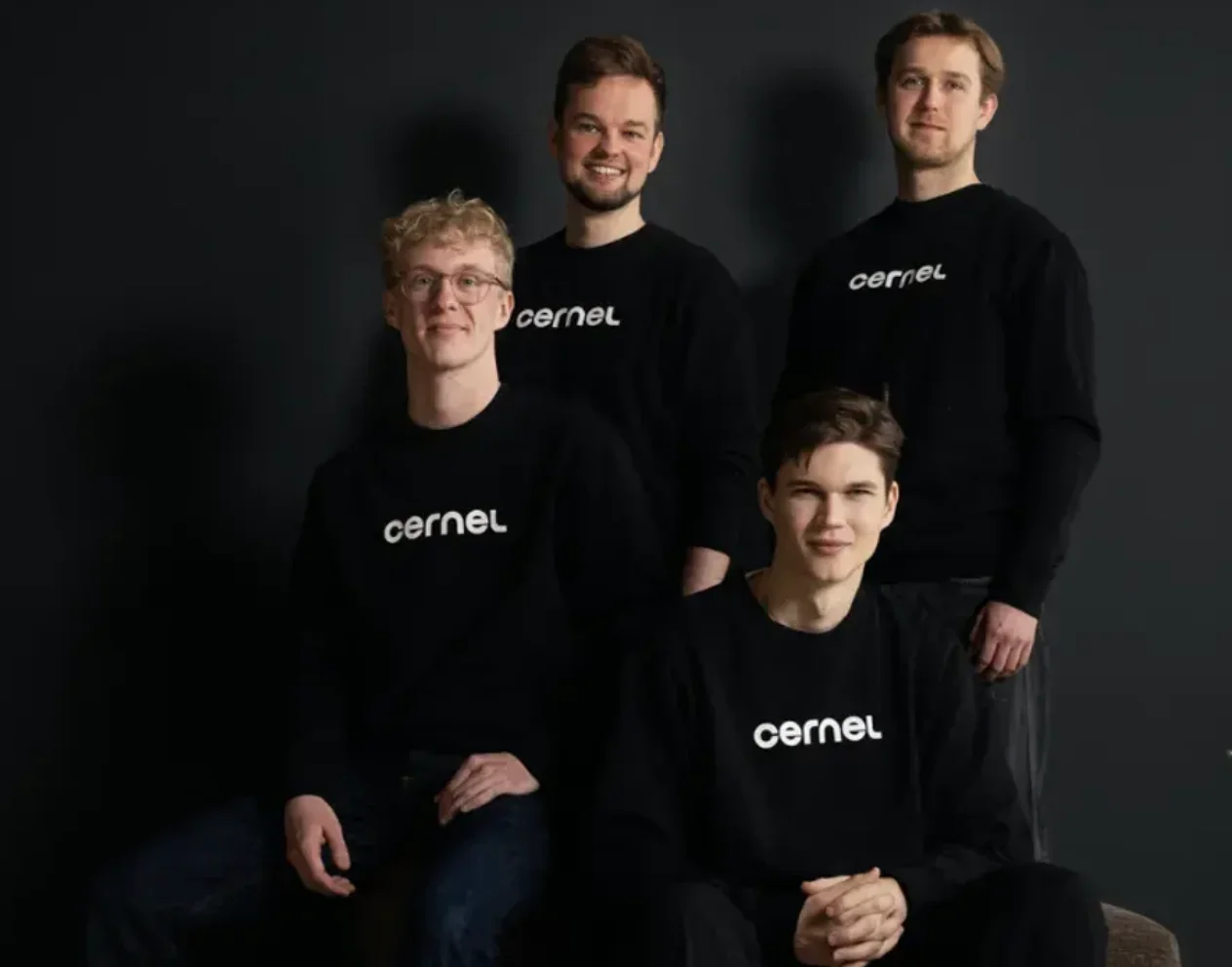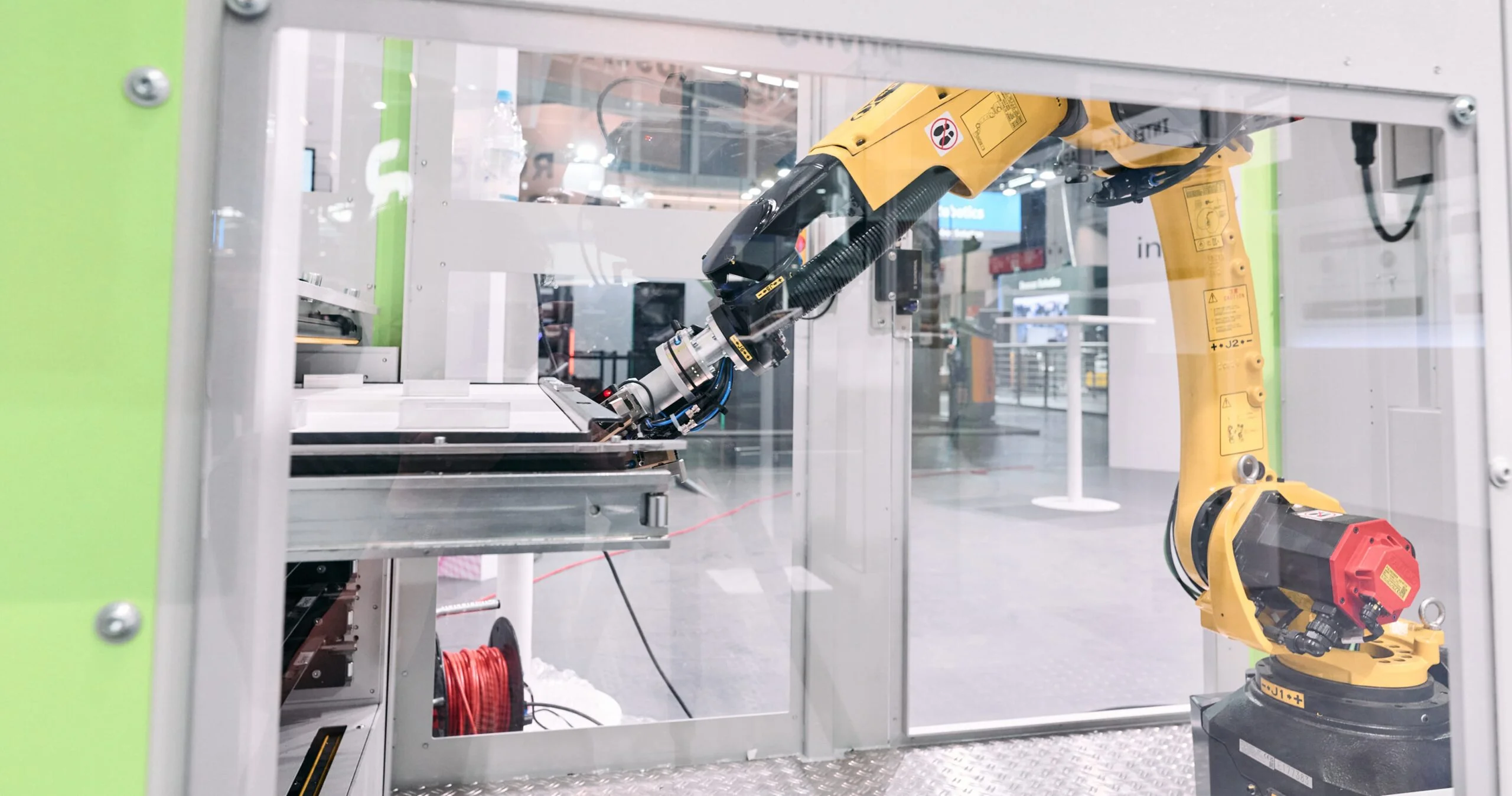Few voices in the tech industry carry the weight of experience and insight quite like Mo Gawdat’s. The former Chief Business Officer of Google X, bestselling author, and AI ethics advocate has long been at the forefront of discussions about artificial intelligence. But with the sudden rise of DeepSeek — China’s disruptive AI model that has sent shockwaves through Silicon Valley and global markets — Gawdat sees a pivotal moment unfolding in the AI race, one that demands both caution and clarity.
“DeepSeek didn’t come out of nowhere,” Gawdat asserted during a recent interview. “We know for a fact that innovation will usually come from America, but then scale will usually come from China.” The Chinese AI model, developed with a fraction of the cost required for Western competitors, has demonstrated equal — if not superior — capabilities to OpenAI’s ChatGPT-4, marking a stark shift in the competitive balance of artificial intelligence.
For Gawdat, the implications extend beyond corporate rivalries and stock market volatility. The acceleration of AI development, he warns, could push humanity into an era where the technology evolves beyond our control.
“What people don’t realize is that we have just commoditized intelligence,” he explained. “We’ve created a plug in the wall where I can plug in today and get 120 IQ points more. Give me 400 IQ points more, and I’ll be able to harness energy out of thin air. This is two years away.”
The stakes are monumental. If AI is truly set to outpace human cognition at an exponential rate, then the global AI arms race is no longer about dominance — it’s about survival. The first nation or company to claim AI supremacy may hold an irreversible advantage, an outcome that Gawdat describes in stark terms: “Whoever wins it, once they’ve won, it’s irreversible.”
And yet, Gawdat is not entirely pessimistic. He predicts two potential futures: one where AI is used as a tool for greed, power, and destruction, and another where it serves as a force for unparalleled progress.
“Intelligence has no polarity,” he said. “Apply it to good, and we can create a utopia that solves every problem we’ve ever faced. Apply it with greed and hunger for power, and we will get the ultimate wars, the ultimate inequality.”
As DeepSeek forces a reckoning in the AI world, Gawdat urges decision-makers to rethink the rules of engagement before it’s too late. If the past decade was about building AI, the next must be about defining its purpose — for the good of humanity or at its peril.






